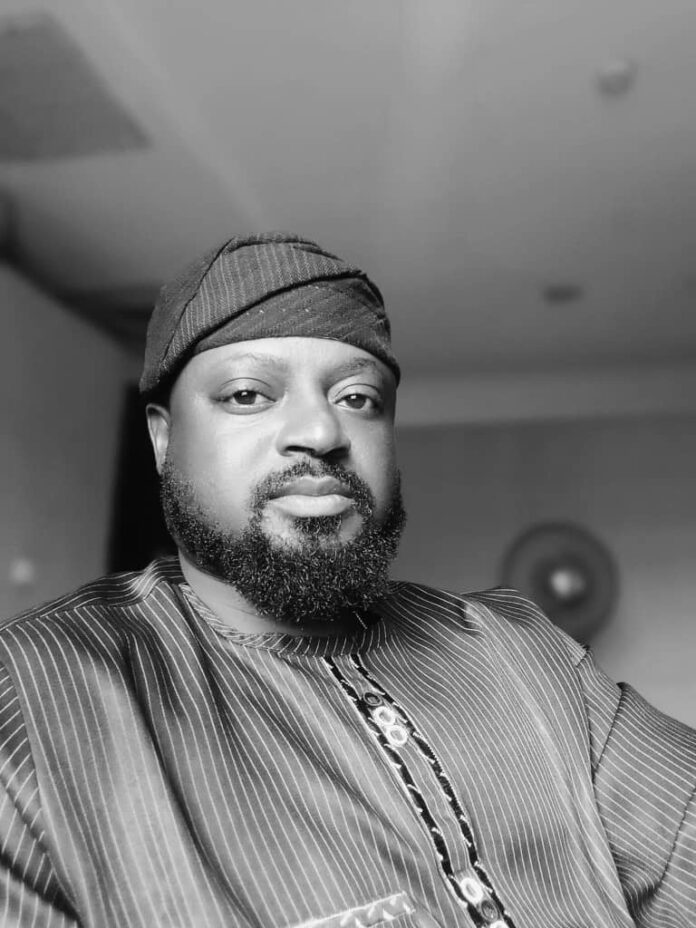Some weeks ago, I came across a viral videos of a young African boy, very dark-skinned, earnest, and full of heart. In his words, he said that if he ever found himself at an African Union (AU) meeting, he would ask the leaders just one thing: “What exactly have you people been discussing all these years?”
His voice was raw, but his message was spot-on. That question has stayed with me. Not because it was bold but because it was true. What exactly do our leaders discuss in all these high-level summits and retreats? What has come out of them that has truly changed the trajectory of Africa?
When you take a closer look, not just at Nigeria but across the continent from South Africa to Tanzania, from Kenya to Ghana it becomes painfully clear that something is fundamentally broken. The Africa we inherited is not the Africa our forefathers envisioned.
Despite decades of “development plans” and “strategic partnerships,” too many African nations are still trapped in poverty, insecurity, and economic dependence. The dream of the Organization of African Unity has withered into diplomatic formalities and press releases.
We talk of pan-Africanism, but our people are dying in deserts trying to escape. Our professionals are filling planes daily, fleeing not just war or hunger, but hopelessness. A growing number of Nigeria’s middle class have quietly left, and many have no plans to return. The sadness is that when they arrive abroad, too many turn around to insult the same country that nurtured them.
A painful example is Kemi Badenoch, the British Conservative politician of Nigerian descent. Almost at every opportunity, she disparages Nigeria, painting the country in a negative light despite the fact that it’s the same country that educated and raised her parents. There’s a deeper issue here: one of identity and broken pride of losing the ability to honour where you come from, even in disagreement.
Now let’s narrow it down to what we should be doing differently especially at the level of foreign policy and diplomacy.
Nigeria cannot afford to keep sending people into ambassadorial positions simply because they’re politically connected. This is not the time for “jobs for the boys.” Diplomacy in the 21st century is about trade, security, influence, and positioning. Our missions abroad should not be resting places they should be strategic extensions of national policy and national pride.
President Bola Ahmed Tinubu must ensure that those representing Nigeria abroad understand global politics and international diplomacy. We are not just flying flags; we should be signing deals, attracting investment, protecting our people, and projecting our interests.
Take Finland, for instance. A country that, by both landmass and population, is significantly smaller than Nigeria, yet it reportedly exported over $46.9 million worth of goods to us within a short period. Nigeria, on the other hand, exported less than $1 million worth of goods to Finland in that same timeframe. Finland’s ambassador even mentioned in an interview that the actual numbers may be higher, with more investment potential on the table.
How do we explain this imbalance?
This is why we need professionals at our embassies , people who understand economic diplomacy, who can chase down deals, and who won’t be sitting idle waiting for government salary. Our foreign missions must be reimagined, not just as passport offices, but as proactive economic and political outposts.
Let’s also talk about our people abroad. The recent viral videos from Libya showing the horrific plight of Nigerians in detention camps were disturbing. And yet—silence. The Ministry of Foreign Affairs said little. The Nigeria in Diaspora Commission, unsure of what to do, gave vague interviews that left more questions than answers.
What happened to protecting the dignity of Nigerian citizens? What happened to swift diplomatic action?
This is why we must have capable hands in those positions. Not people collecting titles, but people who know how to act. This is not about political party loyalty; it is about the soul of our country.
Africa as a whole must return to the original spirit of unity and self-reliance. The very idea that birthed the OAU (now AU) was to give Africa a seat at the global table on her own terms. But the problems our forefathers faced foreign interference, economic dependence, and cultural domination are still here today, just wearing suits and speaking English.
Modern-day exploitation is no longer about shackles it’s about trade agreements, loan packages, and aid dependency. And if we don’t wake up, we will continue to be eaten alive by countries that see us only as markets, not partners.
Nigeria should be leading the charge for a new Africa. But I fear we are too distracted following every Western policy blueprint, chasing foreign validation, while losing grip on what truly matters. The current neoliberal economic model we are embracing may look shiny on paper, but let’s be honest: it is not built for countries like ours.
Let’s be clear IMF and World Bank are not our friends. Their policies rarely work for developing nations, and often come with strings that pull us deeper into economic dependency.
So, what should we be doing?
We need to localize our development. Work with other countries, yes but on our own terms. Let our ambassadors be builders of bridges, not mere protocol observers. Let our foreign policy be people-centered, not paper-centered. Let us represent Nigeria abroad not just in name, but in action by protecting our citizens, pushing for trade, and building our image.
There’s hardly a country in the world where you won’t find Nigerians. That alone is reason enough for us to have a strong, organized, and visionary diplomatic presence in every region. Our embassies should be active political and economic missions not just buildings with a coat of arms on the gate.
May our eyes be open to the things we keep missing. May our leaders wake up to what’s possible. May we finally choose competence over connection, and vision over vanity.
For God and for Country.
Charles A. Adeyemi
Abuja, Nigeria
Charles Adeyemi is an Abuja-based Political economist and development consultant. He writes on politics, diplomacy, and African development.

